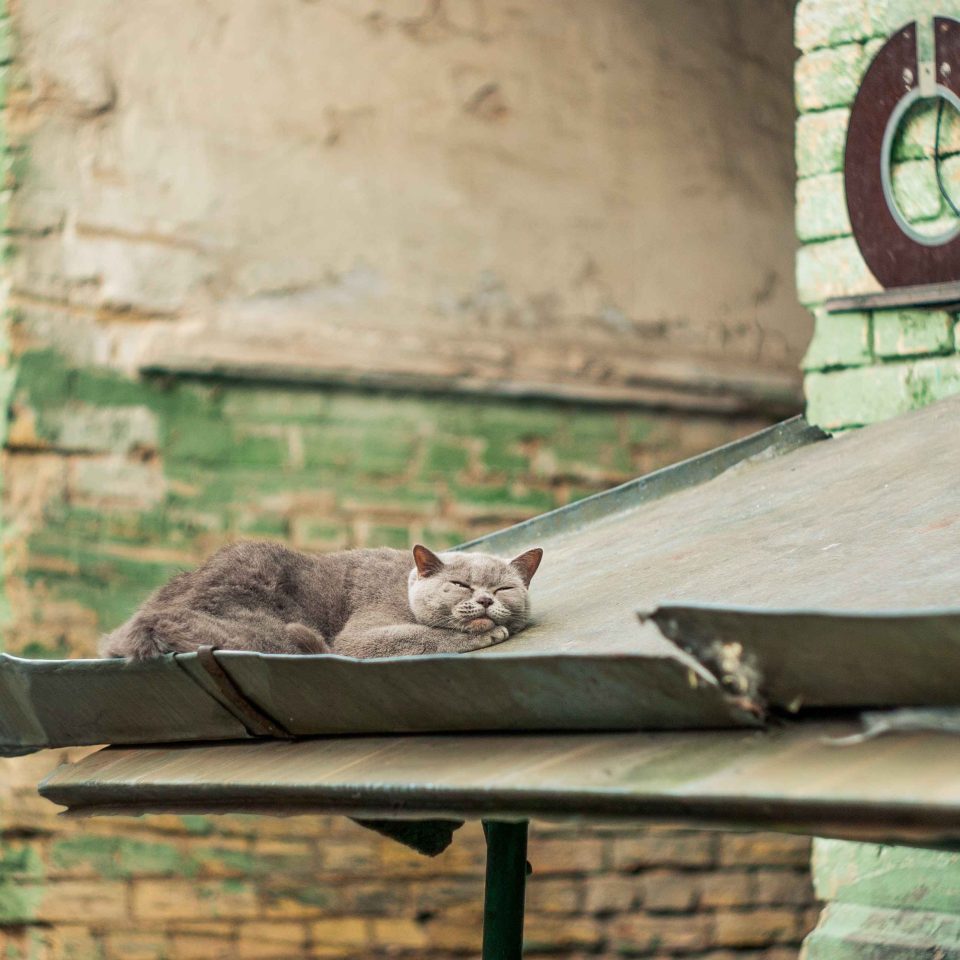As cats age, they may experience changes in their physical and mental health that require a different approach to their care. Here are some tips and tricks for providing the best care for your senior cat:
- Diet: As cats age, their metabolism slows down, so they may need fewer calories. Switching to a senior cat food can help meet their changing nutritional needs. These diets typically have fewer calories, more protein, and added supplements like glucosamine and chondroitin to support joint health.
- Exercise: Senior cats may have reduced mobility, so it’s important to provide them with low-impact exercise opportunities. Interactive toys like feather wands or laser pointers can encourage them to move around, and puzzle feeders can stimulate their minds while providing a meal.
- Medical Considerations: Senior cats are more susceptible to certain health issues, such as arthritis, kidney disease, and dental problems. Regular check-ups with a veterinarian can catch these issues early and help manage them effectively. They may also recommend supplements or medications to support your cat’s health.
- Environmental Changes: Senior cats may need modifications to their living space to make it more comfortable for them. Adding steps or ramps to furniture can make it easier for them to access their favorite spots, and providing soft bedding can help relieve joint pain.
